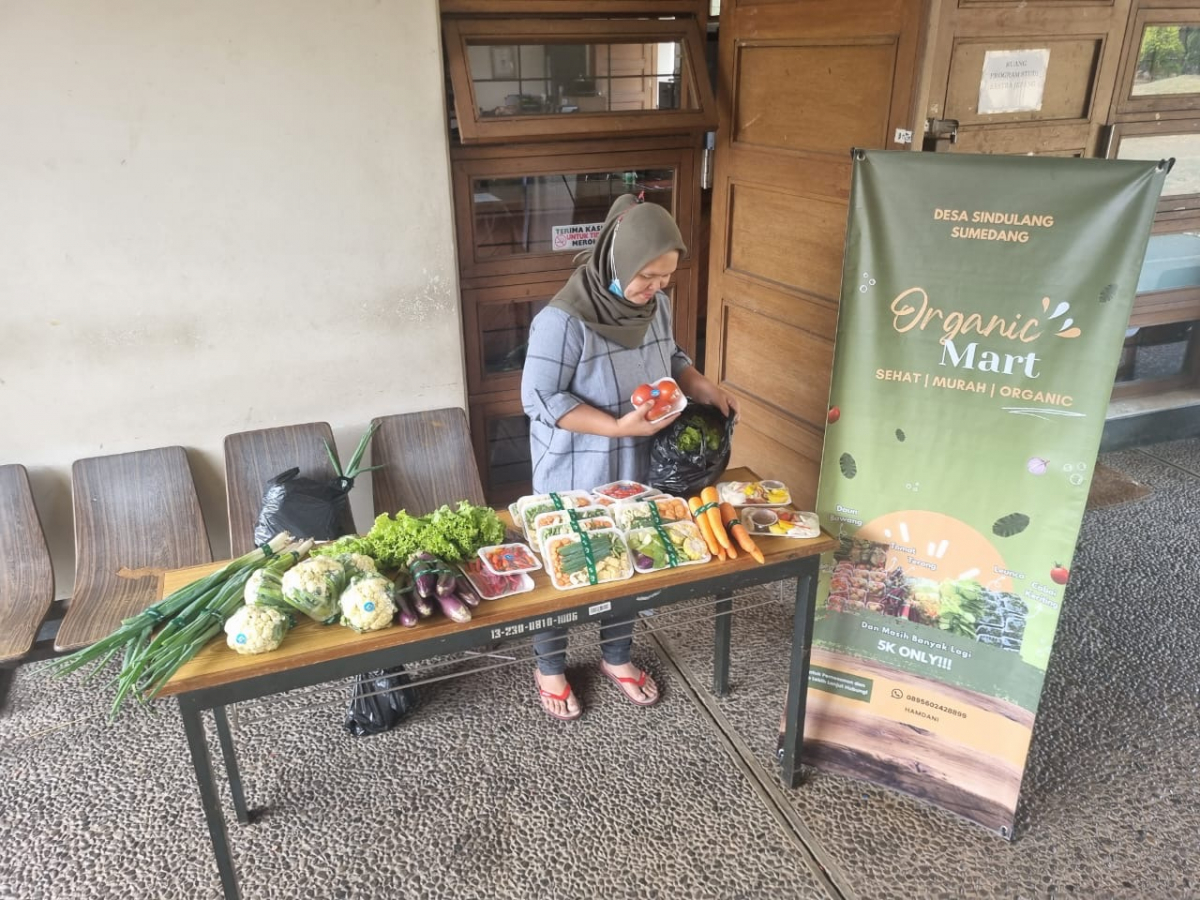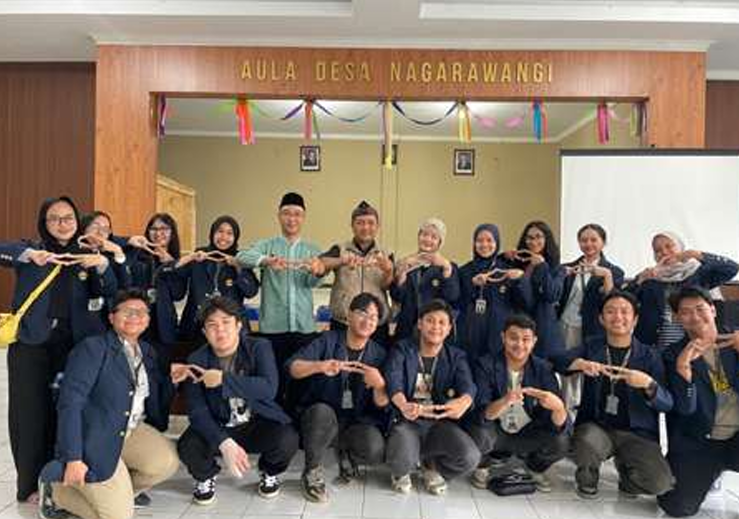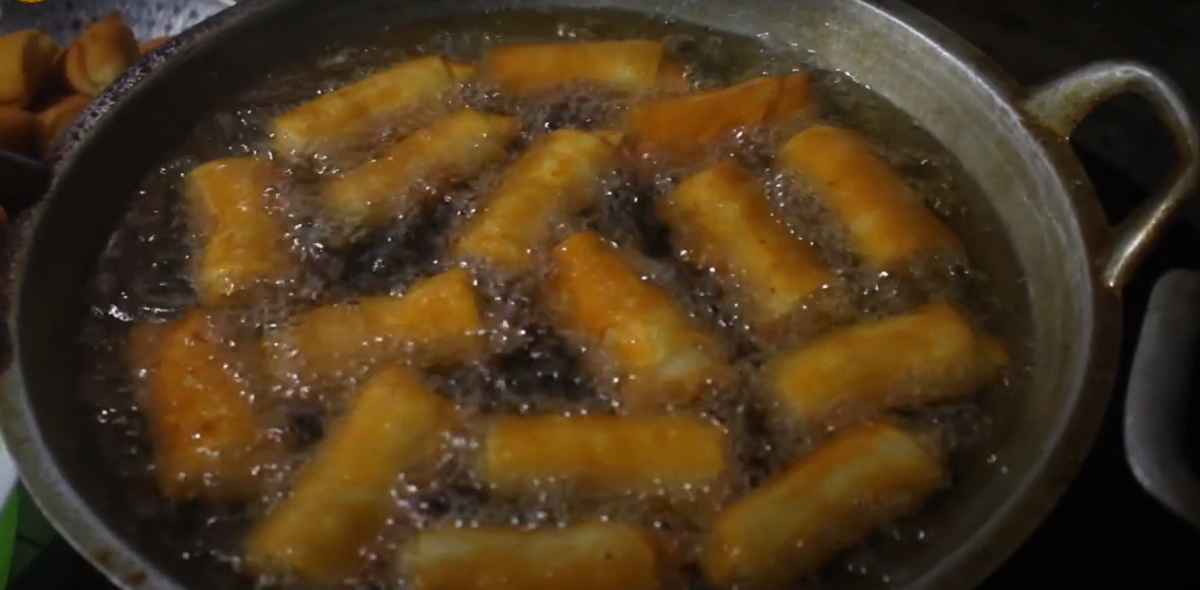
Empowering Local Entrepreneurs through Branding Support
Sumedang, August 31st, 2025 — A Community Service Program (Pengabdian Kepada Masyarakat/PKM) team from the Faculty of Cultural Sciences, Unpad, launched an scheme titled “Online Business Management and Branding for MSMEs in Margamekar Village” to strengthen the capacity of local micro-entrepreneurs in adapting to the digital era. This activity reflects the university’s commitment to supporting the Sustainable Development Goals (SDGs), particularly in promoting local economic growth, food security, and partnerships with local food producers.
Margamekar Village, located in South Sumedang District, has significant economic potential through its diverse micro, small, and medium enterprises (MSMEs), especially in the culinary sector. However, surveys conducted by the PKM team revealed that many local entrepreneurs still face challenges in digital literacy, such as understanding online marketing strategies, producing promotional content, and utilizing social media to expand their market reach.
“Through this program, we aim to provide direct assistance so that MSMEs can build a strong brand identity while leveraging digital technology to enhance their competitiveness,” the team reports.
The team has conducted two field surveys to map the needs of MSMEs and identify opportunities for business development. They also visited several production sites, including Nufaras Bitter Melon Chips owned by Bu Siti, Wening Cake & Cookies owned by Bu Tina, and Kue Basah Bu Neni located in Leles Village. From these findings, three MSMEs—Pricilla Frozen Meatballs, Kue Basah Bu Neni, and Wening Cake & Cookies—were selected for intensive assistance.
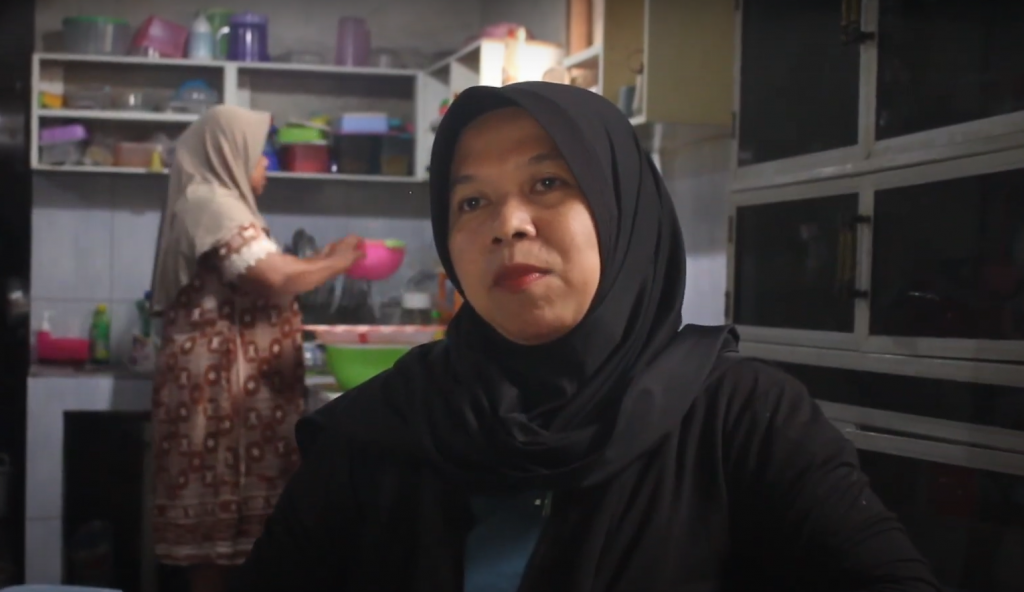
The program also engages university students through a Community Service Internship (KKN) to support the digitalization of branding processes. One of the early outcomes was the creation of a profile and promotional video for Kue Basah Bu Neni, which was shortly after, distributed through social media platforms. Similar content production for other MSMEs is currently in progress.
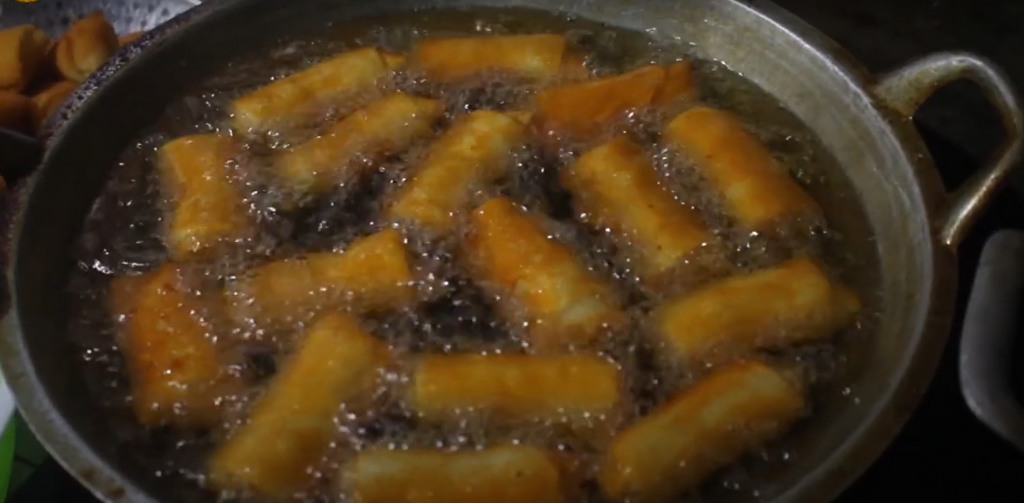
This initiative not only helps increase the visibility and competitiveness of local products in the digital marketplace but also demonstrates the university’s role in bridging access to knowledge, technology, and resources for local food producers. Ultimately, the program is expected to strengthen business sustainability, improve community income, and support the independence of the local economy.
By Dhia Anaulva Putri
